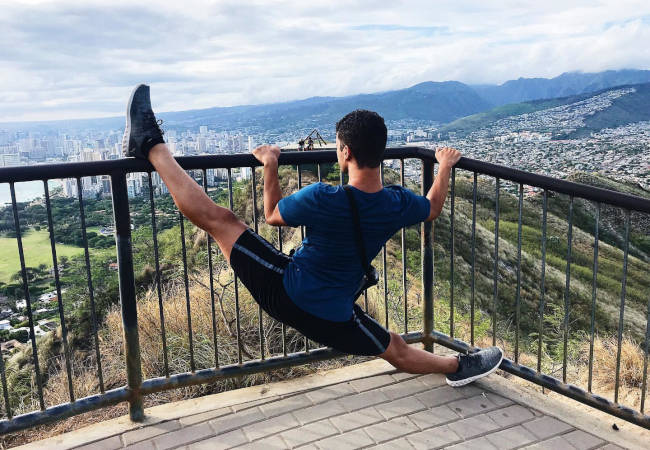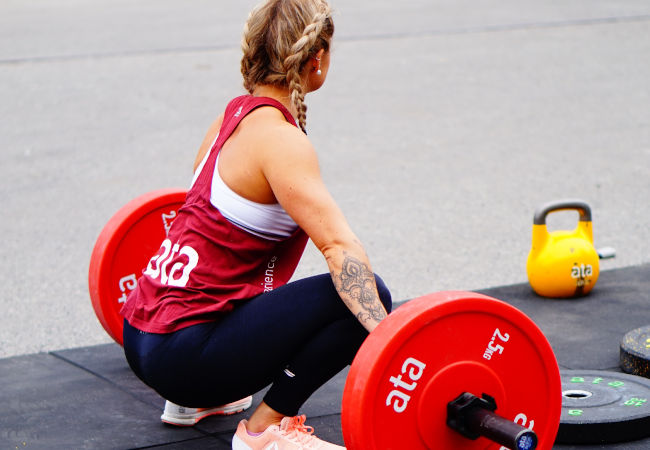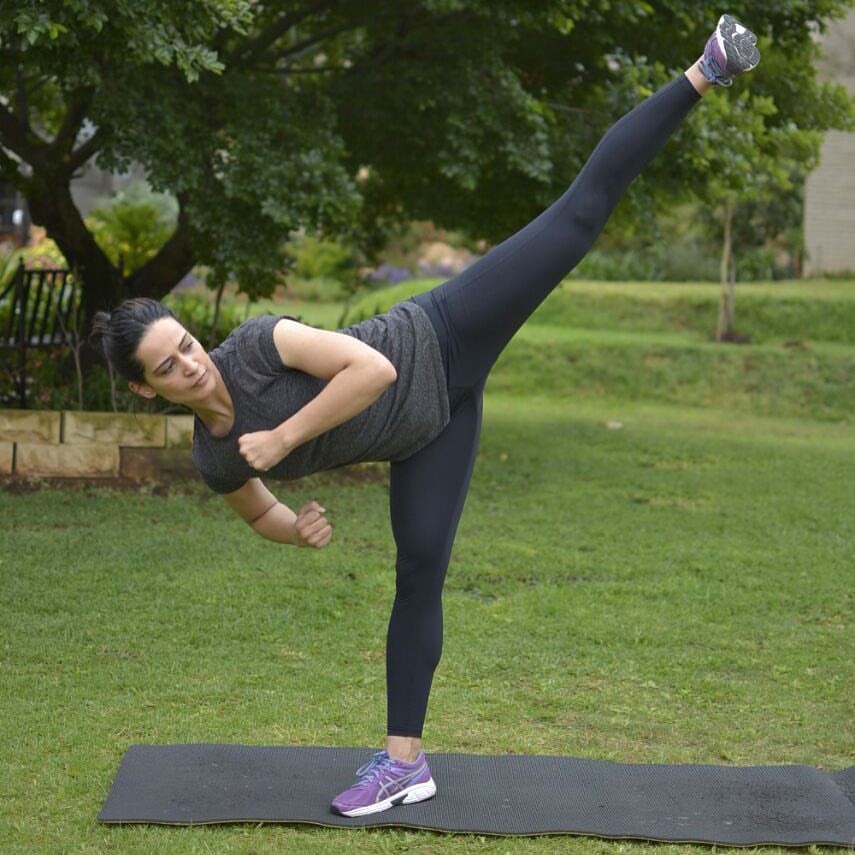You’ve just finished your run, kicked off your shoes, and are having a quick breather on the couch before you get in the shower, then you start to feel a creeping pain in the soles of your feet and notice the onset of intestinal discomfort. Even though running is fantastic for your overall health and mental wellness, training for marathons does put your body under great strain. If you aren’t careful, these aches and strains can quickly turn into major health issues that keep you off the trail for longer than you’d like.
However, most of the common health issues that marathon runners face are easily overcome with a little knowledge and some pre-hab.
Plantar Fasciitis
Running strengthens your body and helps alleviate stress. The repetitive pounding on pavements, trails, and roads increases your bone density, reduces body fat, and can increase muscle mass. At the same time, being out in nature with an elevated heart rate makes it easier to see life’s silver linings and maintain a more positive mental attitude. However, marathon running is a sport. Like any sport, running in marathons requires you to complete repetitive movements which may lead to overuse injuries and strains. In particular, if you are a marathon runner, you may experience some degree of foot pain known as plantar fasciitis.
Plantar fasciitis usually occurs in or around the heel of your foot and is worse in the morning when you first wake up. Usually, your symptoms will be alleviated when you start running but will return with a vengeance when you rest again. Unfortunately, you can’t run forever, so you’ll need to partake in some rehab between sessions.
Keep a positive mental outlook when rehabbing plantar fasciitis. Plantar fasciitis does not spell the end of your running days. You should elevate your foot to improve blood flow, wear shoes with better arch support, and replace some of your running sessions with swimming until your symptoms subside. Taking the weight of your feet for a while usually helps, too, as marathon runners spend lengthy periods on their feet which can cause a plethora of issues.
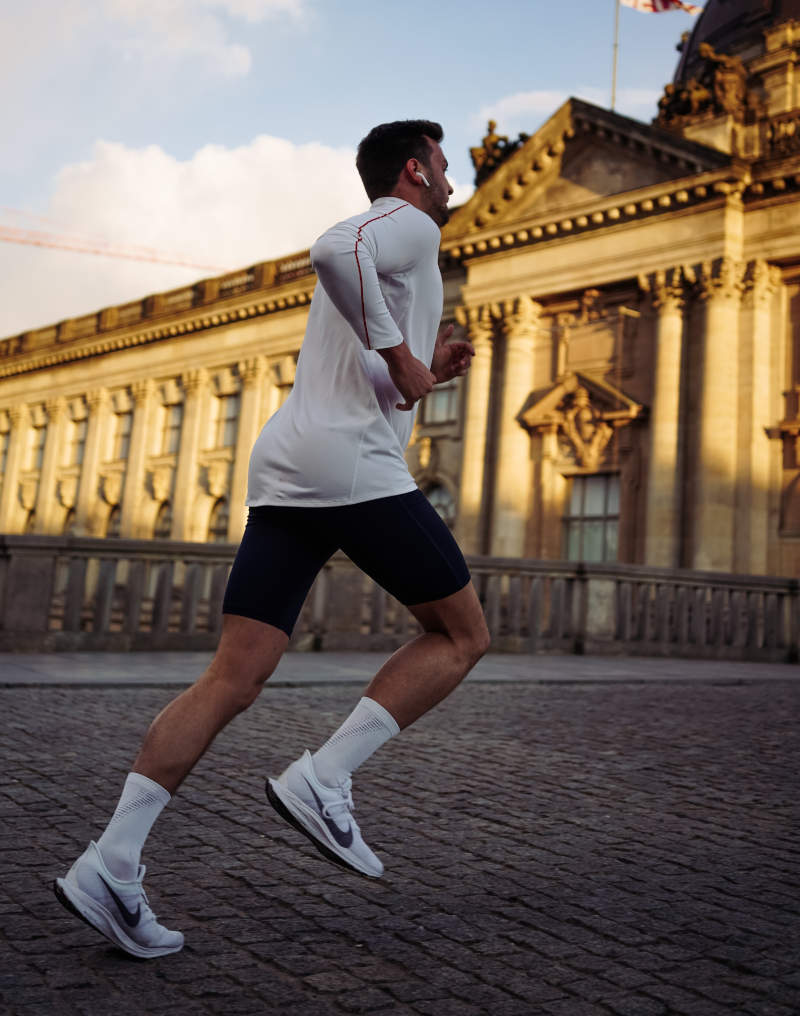
Varicose Veins
Running can help you lose weight and become the best version of yourself (whatever that means to you!). However, marathon running does require you to spend long hours on your feet, which may result in the development of varicose veins. Varicose veins are an extremely common health issue that impacts 30-50% of the adult US population. They usually occur as you approach old age and are hastened by spending a lot of time on your feet. Varicose veins are usually just a cosmetic issue but left untreated, they can develop into blood clots and ulcers, which are sure to keep you sidelined for a lengthy period.
It’s best to speak to your doctor about varicose veins if you develop them through marathon running. In all likelihood, they won’t be a major issue. But, if your doctor spots an issue, they might recommend non-invasive procedures like ultrasound therapies or laser ablation.
Blisters and Chafing
There’s nothing worse than starting a long run only to feel the onset of blisters or chafing within the first mile. You will probably push through the pain to finish your session, but it will only get worse if you leave it untreated. Chafing and blisters usually occur when you begin to exercise as sweat increases friction and makes the rubbing worse. In addition to causing pain, chafing can lead to infections if you have opened a wound on your skin.
You can prevent blisters and chafing by test-running your new gear before taking it out on a long run and wearing a mild lubricant. If you already have a blister, but still want to run, use a combination of talcum powder and band-aids to alleviate rubbing on the wound itself.
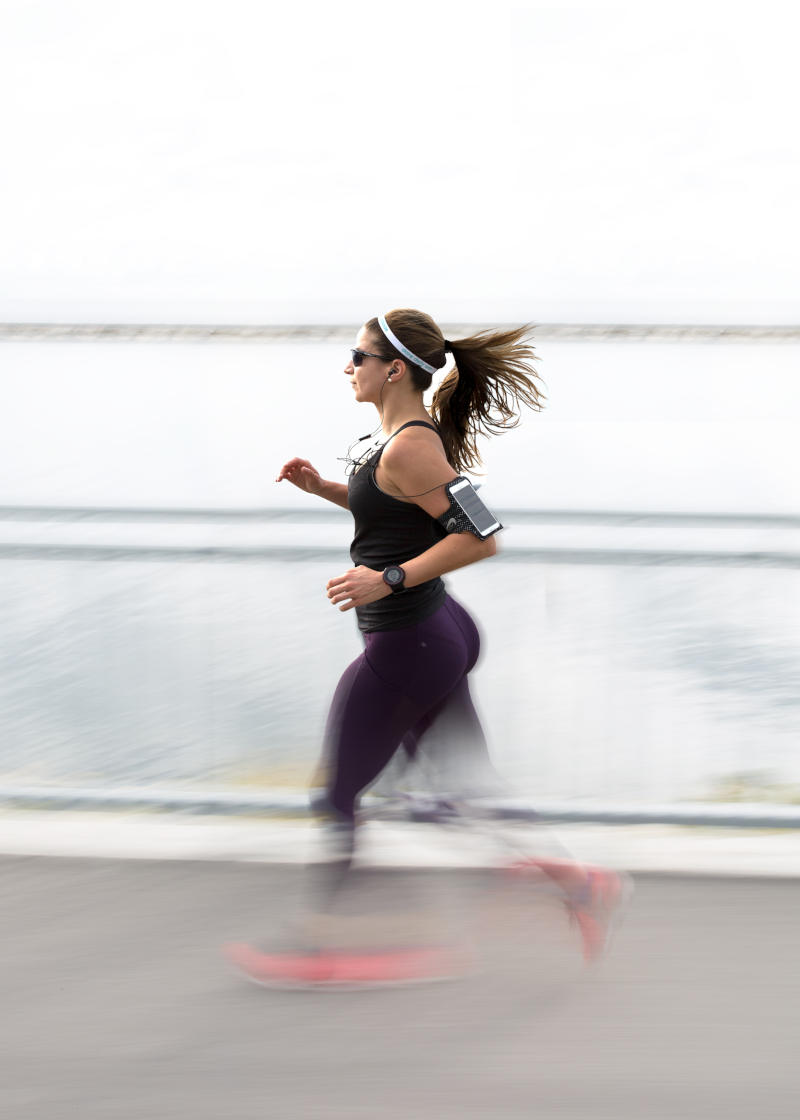
Runner’s Trot
Have you ever been out with a running group and noticed that one of your members has developed “the runner’s trot”. Runners trot occurs when a long-distance runner gets a sudden urge to use the restroom, and it can feel like diarrhea. While it might seem humorous at the time, marathon running can upset your bowels and lead to unwanted, uncontrollable digestive issues.
Runner’s trot is extremely common. As Amy S. Oxentenko, M.D., a fellow of the American College of Physicians at the American College of Gastroenterology, describes “anyone who considers themselves a runner will likely admit to having runner’s diarrhea at some point in time.” Mid-run bowel movements usually occur due to a combination of increased adrenaline and the shaking effect that running has on the body.
Fortunately, most marathon events have restrooms en route to help if you suffer from runner’s trot. However, you might also want to take a look at your diet. Try to avoid coffee or energy drinks before a race, as caffeine stimulates your digestive system and intensifies your need to use the restroom. You should also make a mental note of the food you ate before you developed runner’s trot, as your body may be responding to a particular ingredient or dish that doesn’t sit well in your stomach.

Conclusion
If you aren’t careful, these aches and strains can quickly turn into major health issues such as plantar fasciitis or runner’s trot, which would keep you off the trail for longer than you’d like. Completing a marathon is a deeply fulfilling experience. You’ve ticked off a major life goal, and have joined an elite club of distance runners.
However, marathon running comes with its own set of common health issues that may get in the way of your training regime. Always speak to a doctor if you start to feel the onset of plantar fasciitis, and reconsider that pre-run cup of joe to ensure that your stomach doesn’t cause you embarrassment while training with friends.
Author bio
Dan Matthews is a writer, content consultant, and conservationist. While Dan writes on a variety of topics, he loves to focus on feeling better both mentally and physically, and imparting health tips to others can help make the world a better place to reside. When Dan isn’t working on new content, you can find him with a coffee cup in one hand and searching for new music in the other.








